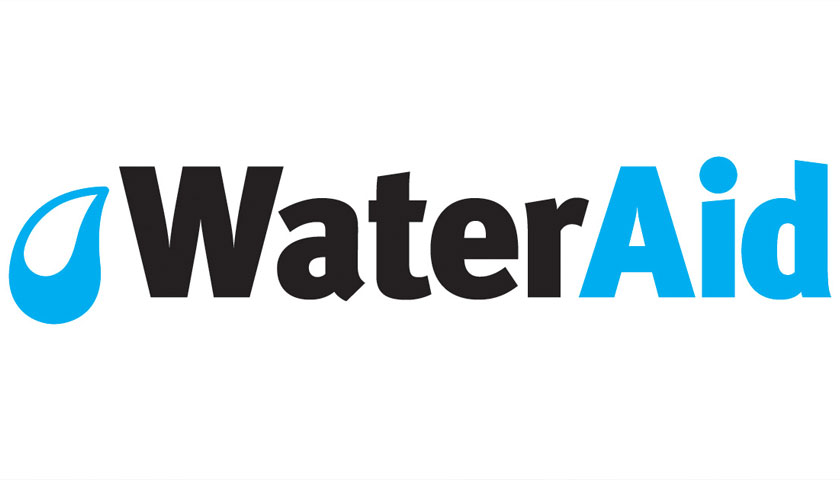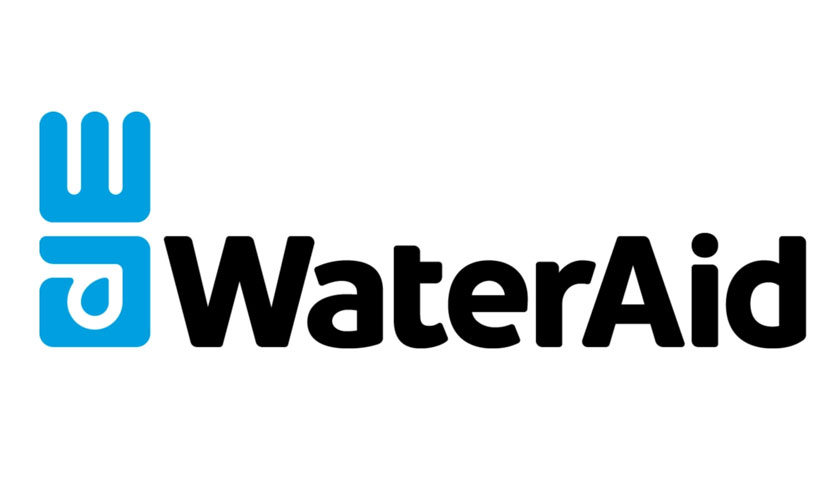Actress and TV presenter Nadia Sawalha is starring as the leader of the Period Gang in WaterAid’s new film ‘Peaky Bleeders’ to encourage people to talk more openly about periods this Menstrual Hygiene Day (28 May).
The film follows Nadia and her gang trying to rid the town of the notorious period euphemisms. Armed with a tampon bazooka, tampon bullet belt, and tampon nunchucks, the Period Gang comes head to head with the painters, Arsenal playing at home, Ketchup, a shark and other period idioms from around the world.
The amusing short film, which is a spoof on British crime drama Peaky Blinders, has a serious message from WaterAid, who are calling on people to talk more openly about periods to help end the shame and stigma, helping women and girls everywhere to live their lives free from limitations.
In a recent survey, WaterAid found that a quarter of Brits (25%) feel awkward talking about periods, while 13% say they find it embarrassing, and 3% feel disgusted. Only 37% feel comfortable talking openly about menstruation, while 5% find it empowering. The age group that finds it hardest talking about periods is 35-44-year-olds, with only 27% saying they would feel comfortable talking about this natural process experienced by around 288 million people on any given day.
Nadia Sawalha said:
“My body’s amazing; it’s given birth to two wonderful girls. Women’s bodies are amazing! So why is so much about them steeped in shame? From periods to menopause, we are discouraged from talking openly about the very natural, necessary processes our bodies go through.
“The secrecy around periods means women and girls often don’t have the knowledge to manage them hygienically. Astonishingly, 1 in 8 girls in the UK didn’t know about periods until they started menstruating, and in South Asia, that figure goes up to 2 in 3. How scary must that have been for all those girls! Taboos around periods can lead to discrimination against women, while the lack of toilets in many schools around the world means millions of girls are skipping classes or dropping out of school altogether once they reach adolescence.
“If we can’t talk openly about periods, how can we ensure the needs of women and girls are taken seriously? We can all help make a difference by talking about periods, celebrating periods. After all, where would we be without them?”
A quarter of people prefer to use a euphemism rather than refer directly to periods, while 54% would say ‘period’ and 9% would say ‘menstruation’. ‘Time of the month’ is the most used euphemism, with 58% of people using it. Nearly a third (29%) have used the term ‘women’s problems’, while 62% have heard the phrase be used. A third (33%) have heard periods referred to as ‘the painters are in’, while following Game of Thrones fever, 12% have heard the term ‘Red Wedding’ used as an alternative for period.
Thérèse Mahon, WaterAid’s Menstrual Hygiene Management Specialist, said:
“Whilst some of the euphemisms used for periods around the world are quite amusing, the more people use them instead of speaking openly about menstruation, the more girls and women believe that this perfectly natural phenomenon is something to be ashamed about.
“We need to stop being coy around periods because our societal embarrassment is stopping girls and women being able to lead a full life. If they are embarrassed to ask how to get sanitary products or can’t find a decent, private toilet, then the worry about how to deal with their period with dignity can stop them going to school or even out of the house.
“So WaterAid challenges everyone – from brothers and fathers, sisters and mothers, teachers, doctors, government officials to prime ministers and presidents – to bring periods out of the closet in order to make sure that every woman and girl has the sanitary products and toilets they need to live every week of every month in dignity and comfort.”
Nearly half of Brits (47%) think we need to talk more openly about periods to end the stigma, while 39% think we should improve information and education at school, and 38% think we need to educate men and boys more. Interestingly, of those with children under the age of 18, 21% said they would feel embarrassed talking to their son about periods compared with 11% who would feel embarrassed talking to their daughter.
WaterAid’s work around the world includes providing toilets, handwashing facilities and menstrual hygiene education in schools and communities. Without these, many girls drop out of school when reaching adolescence.
In Nkumbure School in Rwanda, WaterAid built a new toilet block and ran menstrual hygiene awareness training, meaning girls like Idda, 15, can now go to school during their period and the boys no longer tease the girls for having periods. This work has been made possible by the Scottish Government International Development Fund and Scottish Water employee fundraising.
For more information, visit www.wateraid.org/uk/periods.
To complete WaterAid’s quiz on euphemisms, visit https://period-quiz.wateraid.org/.

